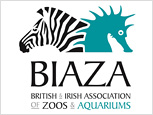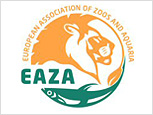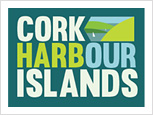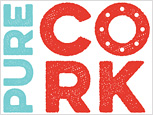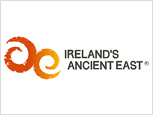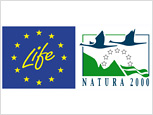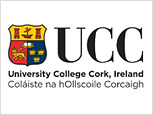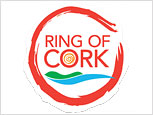Fota Wildlife Park in partnership with University College Cork, School of Biological, Earth and Environmental Sciences are managing a citizen science research project on ‘The status, threats, protection and conservation of ladybirds in Ireland’. The project is funded by Fota Wildlife Park and the Irish Research Council.
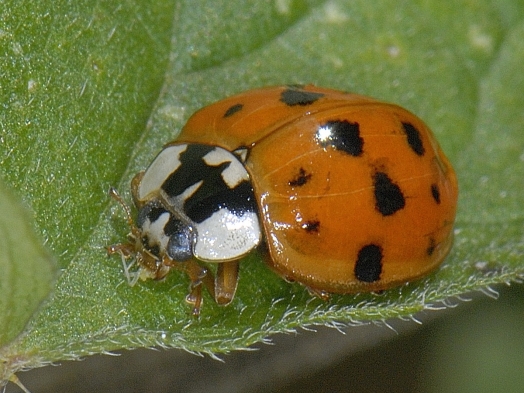
Fota Wildlife Park in partnership with University College Cork, School of Biological, Earth and Environmental Sciences are managing a citizen science research project on ‘The status, threats, protection and conservation of ladybirds in Ireland’. The project is funded by Fota Wildlife Park and the Irish Research Council. It is a citizen science project which means that the public is needed to get involved by sending their ladybird photographs and information to [email protected].
A crucial part of this project involves the study of hibernating ladybirds which is occurring at this time of the year. Fota Wildlife Park is asking the public, whether at home, in their gardens or out and about, to help by photographing and documenting any ladybirds they find.
Gill Weyman, research scholar said “This is an important project on a critical species and the knowledge gained from this project will contribute to the national understanding of ladybirds and their ecology. Areas to look for ladybirds hibernating include trees, fences, sheds or around window sills in buildings.”
The information gathered will also help map the distribution of the Harlequin ladybird, which is an invasive ladybird species that was first recorded in 2009 in Co. Antrim.
If you are in your garden, going for a walk or at work and you see a ladybird:
• Leave it on the plant/place that you found it.
• Take a photo.
• Make a note of where it is, date, time, description.
• Email the information to [email protected].
• Photographs are very important as they help to verify records.
If you are unsure about anything, help is at hand on www.biology.ie. where there are identification guides or email [email protected]. for advice and further information.
